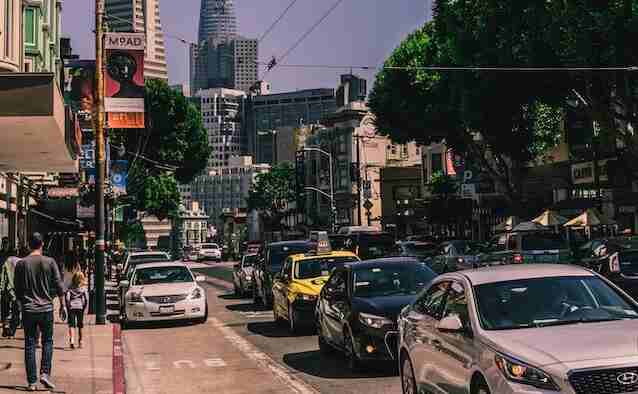California’s Parking Crisis: Donald Shoup Weighs in on ‘Gimme Shelter’
Donald Shoup is a well-known name in the US mobility industry, famous for his books on parking and urban planning. Shoup was recently featured on the ‘Gimme Shelter’ podcast, talking about California’s parking crisis and the forthcoming state law that does away with minimum parking requirements for housing projects close to mass transits.
When asked about the reasons that free parking is so ‘expensive’, Shoup recommended three things. First, he believes it is essential to get the parking charges spot-on. The right price, according to Shoup, is the lowest price that a city can charge and still have a couple of unoccupied parking spaces on every block.
He feels that, when you offer free (or abnormally low) pricing, people tend to overuse vehicles and park for longer than they need to. Consequently, people who genuinely require parking spaces struggle to find them. These people keep driving around looking for a parking space, contributing to traffic congestion, vehicular traffic, and danger to pedestrians.
Donald Shoup’s second recommendation is to use metered parking to pay for additional facilities like street trees, free transit spaces, and Wi-Fi connections. When people realize that they will not get these extra benefits with free parking, they will be more willing to pay for parking spots.
Finally, and most importantly, Shoup recommends getting rid of off-street parking. According to him, off-street parking drives up the price of everything else except the parking itself. He uses the example of a grocery store to illustrate this point: a grocery store with off-street parking would charge higher prices to cover the parking costs.
But, if a customer is not rich enough to buy a car, he will still be forced to buy costlier groceries so that richer people can park their cars for free. He says that no off-street parking does not equate to no parking space at all: there will still be ample parking space – you will just need to pay for it.
Also Read: How Excessive Parking in California Impacts the Climate
Shoup believes that huge development costs are a major drawback of an oversupply of parking spaces, but not the only one. When every building has its own parking lot, it makes it longer and harder for pedestrians to get from one point to another. Other than that, the area also stops being cycle-able and walkable.
When asked about how a world without parking minimums would look, Shoup said that there is too much to be undone, which is why the initial rate of change will be almost negligible. The one thing that he expects in the short-term future, though, is greater flexibility with respect to property usage. For example, currently, you cannot convert your salon into a restaurant unless you also adhere to the changes in minimum parking requirements. But, with minimum parking out of the picture, it will be easier for people to use their properties for different purposes.

